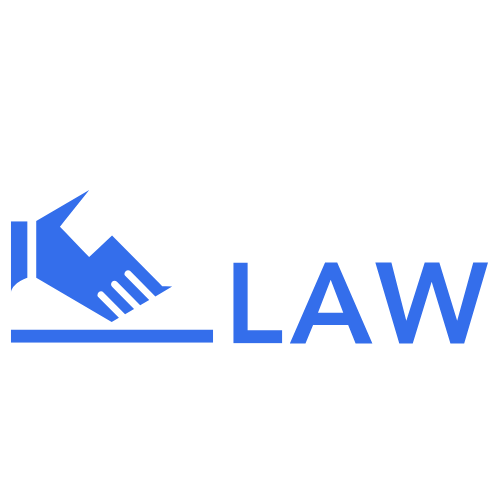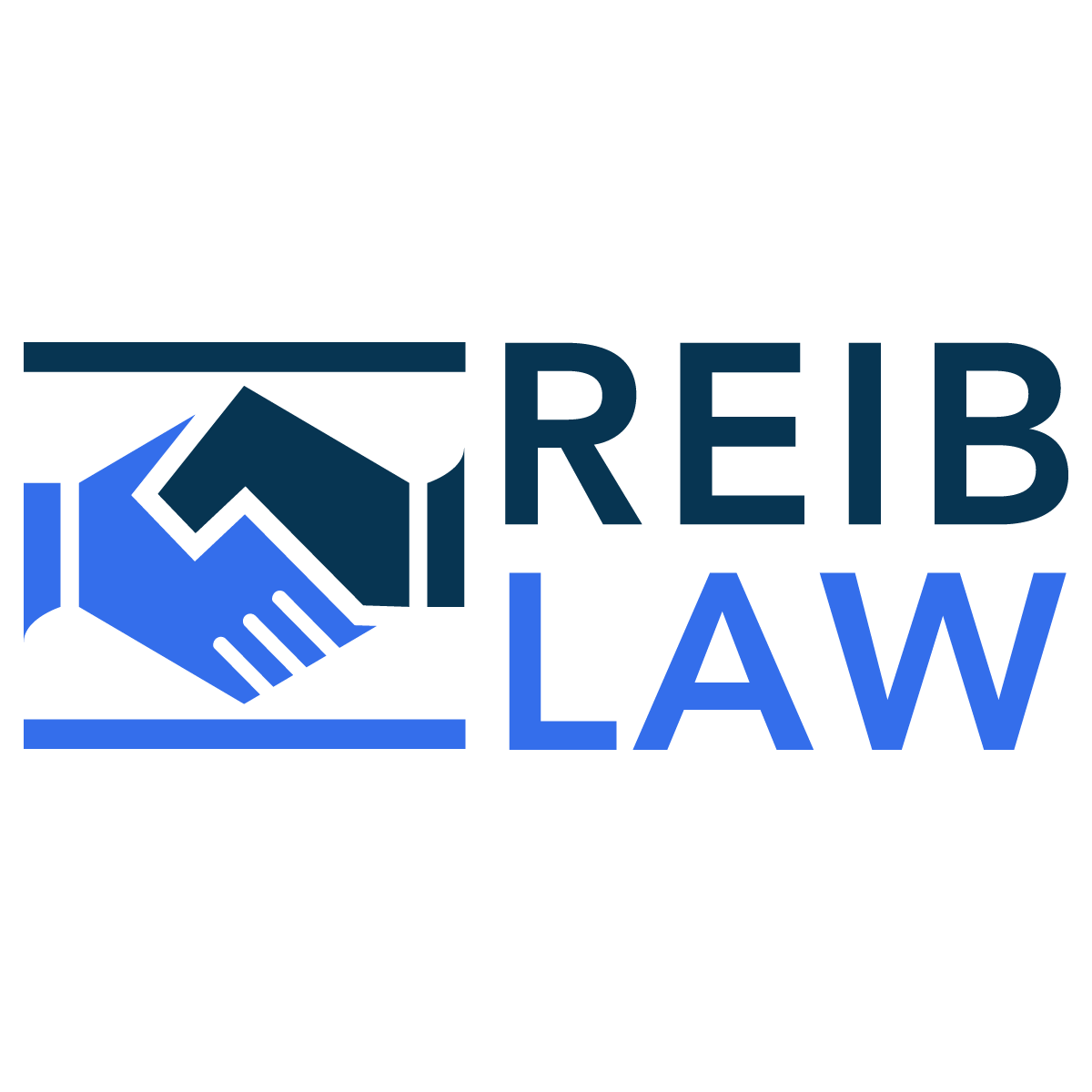Your Comprehensive Guide to Small Business Legal Requirements
Starting a small business is an exciting endeavor, but it also comes with a host of legal considerations. Entrepreneurs must navigate a maze of legal requirements to ensure their business is on solid legal ground. In this article, we'll provide you with a clear and straightforward small business legal checklist, outlining the key legal steps for starting a business and essential legal must-dos for new businesses.
Small Business Legal Checklist: Essential Steps for Entrepreneurs
1. Choose the Right Legal Structure:
The first item on your small business legal checklist is selecting the appropriate legal structure. You'll need to decide whether a sole proprietorship, LLC, or corporation best suits your needs. This decision impacts personal liabilities and tax obligations.
2. Register Your Business:
Start by registering your business with the relevant authorities. This ensures that your business is recognized and compliant with state regulations, a fundamental step in starting a small business legally.
3. Obtain an Employer Identification Number (EIN):
Think of an Employer Identification Number (EIN) as your business's social security number. It's essential for tax purposes and safeguarding your business identity.
4. Protect Your Business with Legal Documents:
Drafting and maintaining essential legal documents should be a top priority. Contracts, agreements, and legal documentation play a vital role in safeguarding your business operations and relationships with employees, partners, and customers.
5. Comply with Legal Requirements:
Understanding and adhering to legal requirements for small business owners is crucial. This includes compliance with tax laws, employment regulations, and any industry-specific mandates that apply to your business.
6. Seek Legal Counsel:
Entrepreneurs often benefit from seeking legal advice and guidance. Knowledgeable attorneys can provide you with invaluable small business legal tips and ensure that you have a clear understanding of the legal considerations for entrepreneurs.
7. Consider Forming an LLC:
For many small business owners, forming an LLC is a wise choice. This legal structure provides personal liability protection and offers flexibility in management, making it a popular option.
8. Develop a Business Startup Legal Guide:
Creating a comprehensive business startup legal guide specific to your business can serve as a valuable reference. This guide should outline your business's legal essentials, helping you stay organized and compliant.
9. Prioritize Financial Management:
Maintaining accurate financial records, including profit and loss statements, is not only sound business practice but also a legal requirement. Proper financial management ensures compliance with taxation laws.
Starting a small business legally may seem daunting, but with the right legal considerations and adherence to your small business legal checklist, you can establish a solid foundation for your entrepreneurial journey. Remember that legal protections are essential, and seeking legal advice when needed is a smart investment in your business's future success.
By following these essential legal steps for starting a business and staying informed about small business legal requirements, you can confidently launch and run your business while minimizing legal risks.
If you’re ready to begin your small business journey, we’re here to help!
Ready to Get Started? Schedule a Consultation Today!
If you have any questions or need personalized guidance on legal matters related to your small business, don't hesitate to reach out. Our experienced attorneys are here to help. Schedule a consultation with us today at https://www.reiblaw.com/contact and take the first step towards ensuring your business's legal success.


